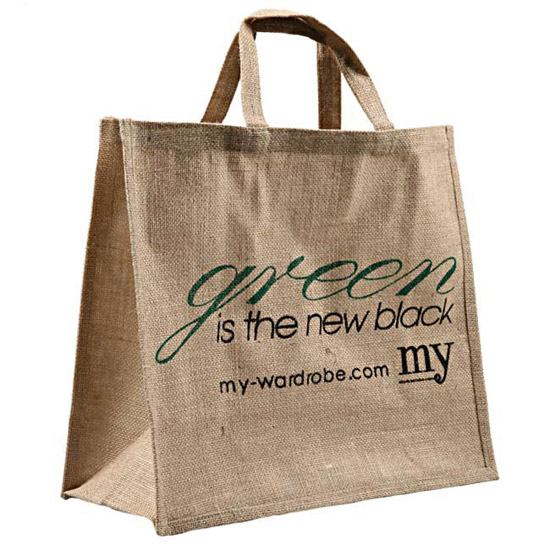Yes, I know it’s boring now, but talking about the recession still seems to be every one’s favourite thing to do. For the truly hard core fashion lovers this means talking about ‘investment’ buying, which mainly involves spending a vast amount of money on something that looks fairly serious.
The recession has played a part in changing my own approach to fashion. I have always been a very big fan of swapping, sharing and buying second hand. I never throw clothes in the bin, there is always a friend who can give something I no longer wear a loving home.
But it makes me feel increasingly uneasy to buy the clothes I can afford from the high street. Partly, this is because I balk at the fact that dresses in Topshop cost more than a full days wage. But it is also an issue of quality and ethics.
If there is anything we should hold on to from the boom period of the late 90’s and early noughties, it is this. Our new awareness of the ethical issues that affect how we travel, what we eat and, most importantly for you and I, the way we dress.
We all know that the economics behind the success of Primark rely heavily on very cheap labour and a never ending consumer lust.
But ethics are not necessarily something we think about when we buy from the pricier end of the high street and when we venture onto the pages of Net a Porter, Gilt.com”>Gilt or Bunnyhug.co.uk, into the boutiques of the high fashion labels or into the hallowed halls of Liberty and Harvey Nicks. There is an assumption that a high price equals a better quality garment with an ethically assured provenance. Unfortunately this is simply not the case.
There are, however, some high-end ethical options. Websites like Adili.com offer gloriously luxurious high fashion and cutting edge labels that you can buy with a clear conscience and also tick the ‘investment’ box. The clothes they sell are built to last. Other labels to look out for are People Tree, Edun and the doyenne of ethical fashion Katherine Hamnett. Labels like Stella McCartney make a very big deal about their animal friendliness, although truthfully I’m not so sure about the eco-credentials of faux leather shoes.
Primark now claims to use fairtrade cotton, but it does feel like something of a token gesture from a huge chain that specialises in “throwaway fashion and has been accused of using child labour. Only the other week anti-sweatshop labour group No Sweat were demonstrating outside its doors on Oxford Street.
Other high street chains, including Marks and Spencers, H&M, New Look and Zara have also jumped on the fairtrade cotton band wagon. The cynic in me thinks this has far more to do with market dynamics than a genuine sense that change is necessary. After all, the ethical clothing market is now worth more than 175 million pounds, according to market analyst Mintel.
But the truth is, any progress can only be a good thing. And with sales of that other ethical luxury, organic food, dropping 19% in march, it is now more important than ever to show your support for ethical fashion.
As for me, I’ll be looking to charity shops to get my regular fashion fix and use the money I save to splash out on some seriously ethical designer loveliness!








